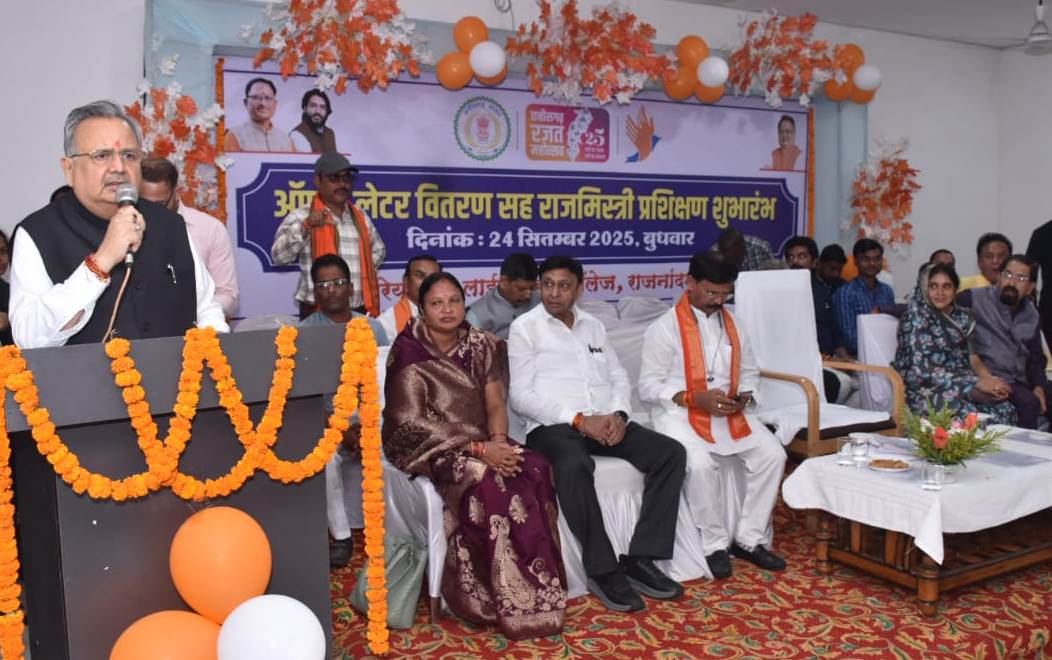Top Court Rules in Favor of Animal Welfare Groups, Mandating Humane Management Over Culling; Move Hailed as Victory for Compassion in Urban India
Published on: September 24, 2025
By: BTNI
Location: New Delhi, India
In a landmark judgment that blends compassion with constitutional rights, the Supreme Court of India has reaffirmed the roaming rights of over one million stray dogs in the national capital, rejecting calls for mass culling amid rising human-animal conflicts. The verdict, delivered by a bench led by Justice B.R. Gavai, stems from a decade-long petition by animal welfare NGOs and marks a pivotal win for urban biodiversity.

Delhi’s streets, parks, and colonies teem with strays—estimated at 1.2 million by recent civic surveys—prompting complaints of bites, rabies, and public nuisance. The court, however, invoked Article 51A(g) of the Constitution, which mandates citizens to protect wildlife and compassion for living creatures, ruling that sterilization and vaccination programs must take precedence over lethal measures. “Dogs are sentient beings, not vermin. Humane co-existence is the law’s intent,” Justice Gavai observed, directing the MCD and NDMC to accelerate ABC (Animal Birth Control) initiatives with central funding.
Animal rights activist Maneka Gandhi, who intervened in the case, celebrated the ruling as “a humane blueprint for all cities.” The judgment mandates micro-chipping for vaccinated strays, dedicated feeding zones, and awareness campaigns to foster empathy. Critics, including RWAs in upscale areas like Vasant Kunj, decry it as impractical, citing over 20,000 annual dog bites in Delhi alone. “Safety first—compassion can’t mean chaos,” argued a resident spokesperson.
Also read- https://www.btnewsindia.com/collector-conducts-surprise-inspection-of-digital-crop-survey-in-maharajpur/ https://www.btnewsindia.com/sindhi-panchayat-imposes-ban-on-social-evils-in-weddings/
The decision ripples beyond Delhi, influencing similar battles in Mumbai and Bengaluru, where stray populations exceed 500,000 each. Experts from WWF-India hail it as a step towards ‘One Health’—integrating human, animal, and environmental well-being—while allocating ₹500 crore for nationwide anti-rabies vaccines. As monsoon recedes, municipal teams gear up for intensified drives, blending tech like AI-monitored shelters with community volunteering.
This ruling transcends paws and leashes; it’s a judicial nudge towards a kinder urban India, where progress doesn’t trample the voiceless. As strays reclaim their streets, the onus shifts to society: will empathy eclipse expediency in our concrete jungles?




